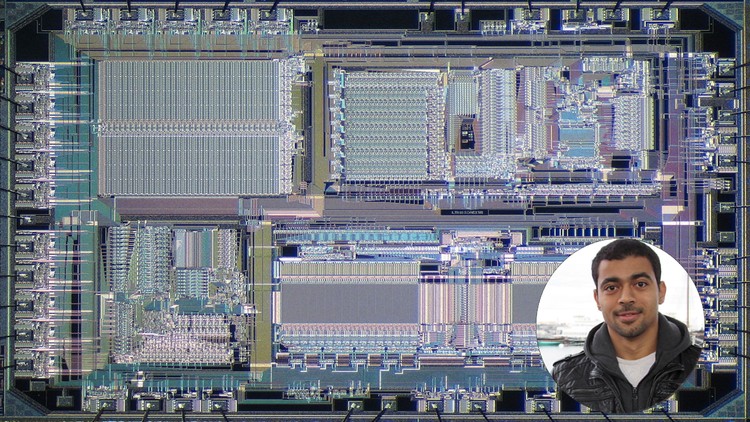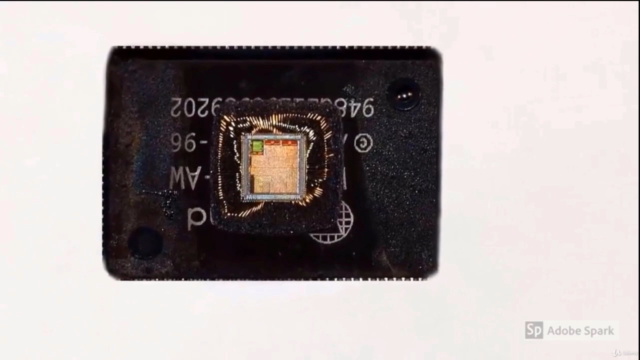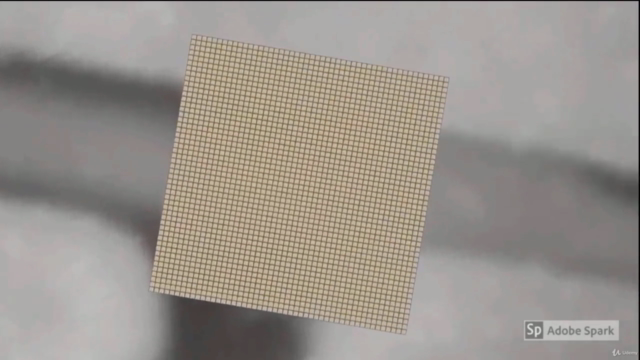An Intro to Electric Circuits (EE101-Sample)

Why take this course?
🌟 Start Your Journey with "An Intro to Electric Circuits" (EE101-Sample) 🌟
Hello Everyone! 👋 Welcome to the free sample part of our main course "Electric Circuits I (EE101)". This is just a taste of the comprehensive journey you'll embark on in the full course. Here, you'll get a glimpse into what it takes to become a proficient circuits designer.
What You'll Learn in This Course:
In this introductory course, Mostafa Ayesh, M.Sc., will guide you through the main fundamentals of electric circuits and their applications across various fields. With his 8 years of experience in designing Analog-Mixed ICs, Mostafa is here to share his knowledge and help you build a strong foundation in circuit design.
Course Outline:
- Introduction to Electrical Engineering and Electric Circuits: Dive into the fascinating world of electrical engineering and explore the basics of electric circuits.
- Basic Analysis Techniques of Electric Circuits: Master Ohm's law, Kirchhoff's Voltage Law (KVL), and Kirchhoff's Current Law (KCL) to analyze simple circuits.
- Advanced Analysis Techniques of Electric Circuits: Learn Nodal Analysis, Mesh Analysis, Thevenin's Theorem, Norton's Theorem, Linearity and Superposition, Source Transformation, and Maximum Power Transfer Theorems.
- How to read Schematics and Simulate Circuits in Pspice: Gain the skills to interpret schematics and use Pspice for circuit simulations.
- An Introduction to AC Circuits: Understand AC sources, AC-Circuit elements, and the concept of phasors.
📋 Upcoming Content Highlights:
- Nodal Analysis
- Mesh Analysis
- Thevenin's Theorem & Norton's Theorem
- Concepts of Linearity and Superposition
- Source Transformation
- Maximum Power Transfer
- Difference between Maximum Power Transfer and Maximum Voltage Transfer
- AC Sources & AC-Circuit elements
- Phasors Meaning
Course Development: The course is still under development, with more content to be added, including but not limited to:
- Nodal Analysis
- Mesh Analysis
- Thevenin's Theorem & Norton's Theorem
- Concepts of Linearity and Superposition
- Source Transformation
- Maximum Power Transfer
- Difference between Maximum Power Transfer and Maximum Voltage Transfer
- AC Sources & AC-Circuit elements
- Phasors Meaning
Course Style & Features:
- We start with theoretical analysis to build a solid understanding.
- Move on to examples and real applications, with practical examples for each concept.
- Pspice simulations are included to provide hands-on experience with circuit simulations and design.
- Everyday applications will be analyzed to show the real-world impact of electric and electronic circuits.
- A Q&A section where you can ask questions directly and receive personalized assistance from Mostafa, usually within two days.
This course is designed for beginners and those who wish to revisit the basics before advancing to IC design. A strong grasp of fundamental electric circuit concepts is crucial for any serious work in IC design.
Join us in the Q&A area and let's embark on this journey together! 🚀
Mostafa Ayesh, M.Sc. Course Instructor & Electronic Circuits Enthusiast
Course Gallery




Loading charts...